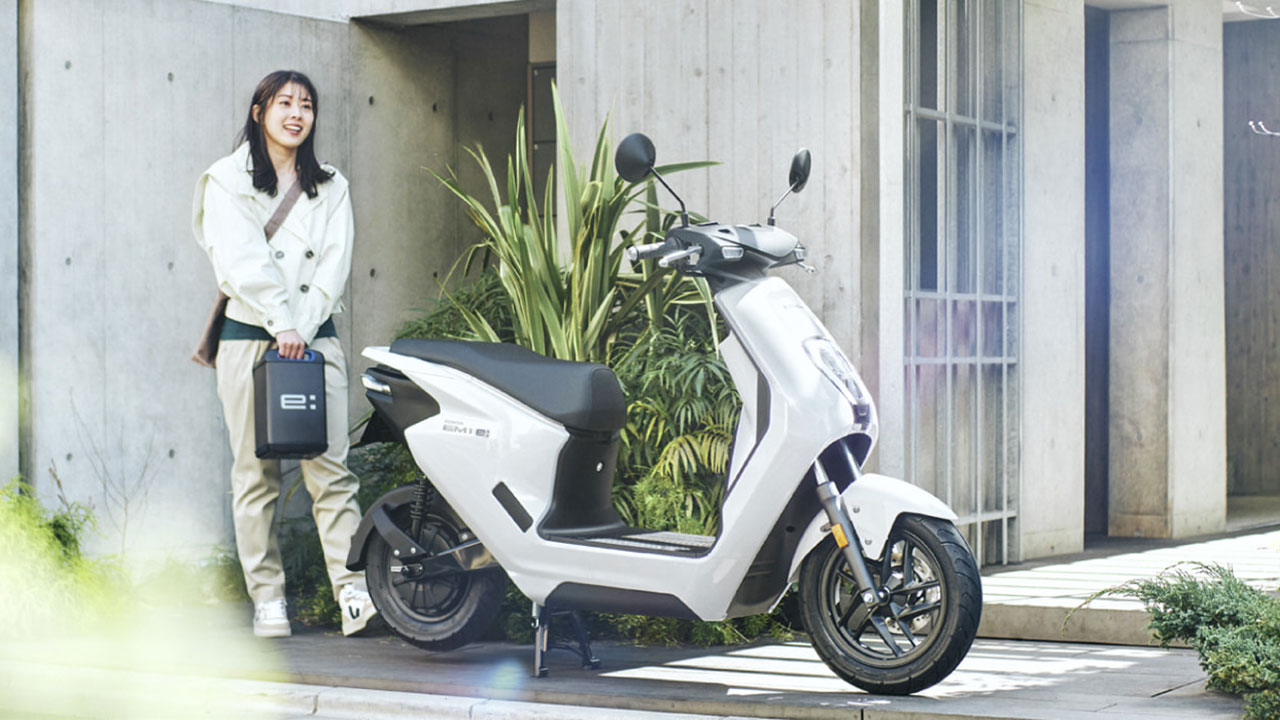Voltai launches motorcycle battery swap network

ABOITIZ POWER CORP. (AboitizPower) on Wednesday said its startup venture Voltai has launched the country’s first large-scale motorcycle battery swap ecosystem, aiming to help businesses with fleet operations reduce downtime and fuel costs while supporting the country’s clean energy transition.
In a statement, AboitizPower said the system is tailored for enterprises in logistics, food and beverage delivery, and ride-hailing services, which rely heavily on two-wheel fleets.
Voltai’s model lets businesses lease electric motorcycles and batteries for a fixed fee. Riders can exchange a depleted battery for a fully charged one in seconds at Voltai’s battery swap stations, eliminating the need for long charging times.
Through a dedicated mobile application, users can track battery health, find the nearest swap station and get navigation support through Google Maps.
Meanwhile, fleet managers can monitor performance via a web-based Fleet Management System, which provides real-time data on vehicle location, trip history, mileage, alerts and carbon emission reductions.
Voltai operates under 1882 Energy Ventures, a unit of AboitizPower focused on developing energy technologies that promote decarbonization and decentralization of the country’s energy system.
“As a business-to-business solution, it addresses downtime, frequent maintenance and fuel cost challenges for fleet businesses and riders, while also providing remote visibility on utilization,” Fazlur Abdul Rahman, head of ideation at 1882 Energy Ventures and Voltai’s co-founder and chief executive officer, said in the statement.
Voltai has partnered with Cleanfuel and MyTown, a co-living and dormitory brand, to host 15 battery swapping stations across key areas in Metro Manila — the biggest two-wheel electric vehicle (EV) swap network in the country.
The company plans to expand its coverage next year to other parts of Metro Manila and nearby provinces.
Mr. Rahman said the launch aims to help fleet operators in the Philippines reduce expenses, improve efficiency and cut emissions without making large upfront investments.
The Electric Vehicle Industry Development Act requires both government and corporate fleets to allocate at least 5% of their vehicles to EVs, supporting efforts to mainstream electric mobility in the Philippines. — Sheldeen Joy Talavera



